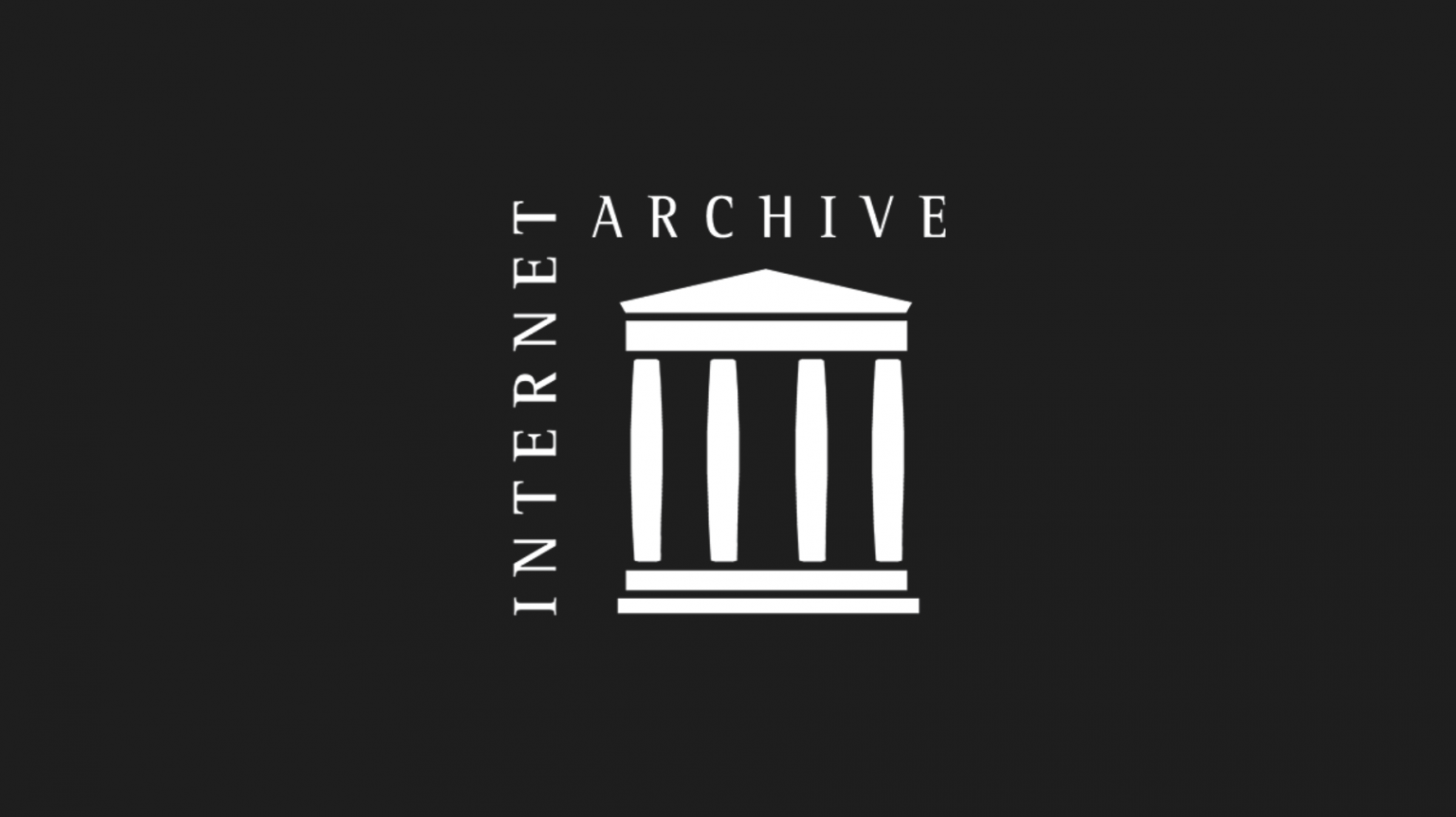Yesterday, we posted about the lawsuit challenging the Internet Archive's practice of digital library lending. The judge in that case decided against the practice.* (What the Archive did was to buy physical copies of books and then emulate what a traditional library does: lend them - digitally in this case - to a single user, one-by-one, for a fixed duration.) The case will be appealed according the the Internet Archive.
Inside Higher Ed has a lengthy article about the lawsuit. Of interest is the fact that some university libraries are doing what the Internet Archive does, a practice that may now be forbidden:
...Controlled Digital Lending in Higher Ed
When librarians in higher education want to know whether an application of controlled digital lending is legal, many consult the Association of Research Librarians’ position statement, which attempts to offer a “good faith interpretation” of U.S. copyright law. Even so, the association recommends that librarians wishing to implement controlled digital lending consult a “competent” lawyer. What constitutes fair use may depend on the book, according to Alan Inouye, interim associate executive director of the American Library Association. For example, scanning and lending a digitized version of a decades-old book that has no publisher-issued ebook differs from doing the same with a recent New York Times best seller whose publisher offers an ebook option.
“When you’re in a lawsuit, there’re only two sides. It is inherently adversarial,” Inouye said. “For those of us who are not involved in a lawsuit, the issue is … incredibly nuanced. Usually, some things are more OK, and some things are less OK … There are no fair-use police or an authoritative guidebook saying exactly how it works. It is a judgment.” Some higher ed librarians on the ground agree.
“There’s always that fuzziness of whether or not this constitutes fair use,” said Yasmine Abou-El-Kheir, director of the Lapp Learning Commons at the Chicago Theological Seminary, where students attend predominantly online. “There’s a question of equity … Online students pay tuition like face-to-face students, and yet their access to materials might be hindered due to the fact that the material is just not available digitally.”
Many theological books needed by learners or professors at the seminary, for example, are out of print, Abou-El-Kheir added. When a student or scholar makes a direct request for a book in the collection for which no ebook exists, a seminary librarian may engage in controlled digital lending by digitizing part or all of the book, removing the print book from circulation and making the digitized version available for the same duration as is allowed for a print book. Still, Abou-El-Kheir wonders whether some instances would be considered “a bit more than fair use.”
Also, having the technology to honor the spirit of controlled digital lending is a “thorny issue,” Abou-El-Kheir said. The seminary’s library has found some workarounds to ensure that a link to a digitized book cannot be used by multiple students. For example, students are required to log in to access books that library staff digitized from physical copies. Nonetheless, the library seeks to migrate to another library catalog with built-in controlled digital lending functionalities.
But some institutions, including Iowa State University, steer clear of offering books through controlled digital lending. “From a library’s perspective, there’s legal risk,” Dawn Mick, head of the university library, said of the range of interpretations of controlled digital lending. “But also, where do you put this stuff?” referring to the books that must be held back when a digitized copy circulates.
Some institutions, such as the University of Hawai‘i, publish guidelines that seek to offer clarity, even if those guidelines raise other questions. For example, at Hawai‘i, a professor’s personal copy of a book that is not available at a reasonable price, is hard to find or is out of print is considered within bounds if the personal copy of the book is sequestered in the library when the digitized copy is made available. But the university does not elaborate on what constitutes a “reasonable” price. Course textbooks for which the publisher offers an ebook, regardless of price, are not candidates for controlled digital lending at the institution. In between the colleges that engage in controlled digital lending and those that do not lies a messy middle. Numerous college librarians declined to speak on the record about controlled digital lending, out of concern that the topic is a lightning rod...
Full story at https://www.insidehighered.com/news/2023/03/27/legal-blow-internet-archive-controlled-digital-lending.
====
*http://uclafacultyassociation.blogspot.com/2023/03/lawsuit-against-internet-archive_26.html.

No comments:
Post a Comment